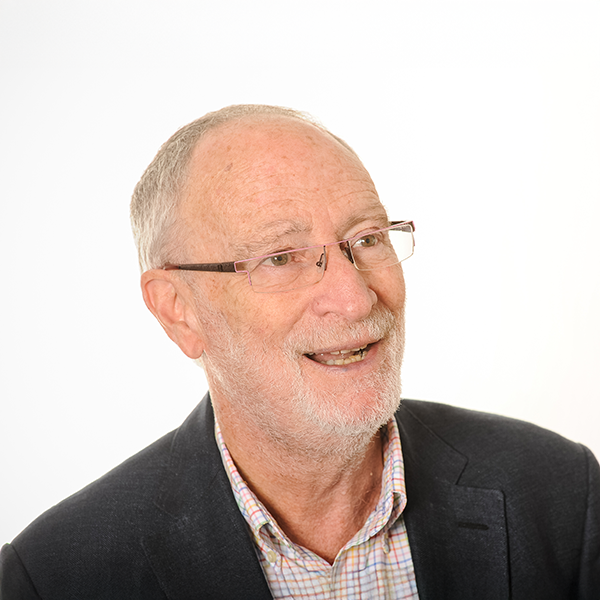
If you’re not performing at your best, it’s going to hit your bottom line – and the science is there to prove it, according to world-leading expert Professor Sir Cary Cooper.
I defined the term ‘presenteeism’ in the 1980s. The UK was caught up in recession and people were finding absentee rates were dropping in the workplace. Surely, amid such stressful times, you’d expect the opposite. But our research discovered that people wanted to show face-time. They were turning up because they were scared of getting a high absence record.
But though they may have been present in the office, it wasn’t a good thing. They were going to work when they were ill, when they were job dissatisfied, and they weren’t delivering any added value.
That is much more costly to the organisation than absenteeism. If people are not feeling mentally or physically well they are not going to produce anything.
The Chartered Institute of Personnel and Development measures this every year and presenteeism is, once again, on the rise. People are worried about job security.
How can we create a culture where people can be open and honest about not feeling well? That’s a strategic issue and it’s one that you, as a senior manager, should be concerned about. It’s your stress if your people don’t deliver and people will be looking at your performance.
The problem in the UK is that people get to senior roles based on their technical skills, not because anyone asks the question ‘are they good with people?’ You have to create a space for yourself and a culture where people can talk freely, where you are part of that. It’s about emotional intelligence.
If you own up to your own vulnerabilities, you can change the culture.
To those who question whether it’s simply ‘woke’, I say ‘where is your science?’ Here is mine.
The evidence is overwhelming now. Mental health is a leading cause of long term sickness, therefore it is hitting the bottom line. Introduce a better work-life integration for yourself and your teams and it will deliver.
Our vision is to create more ‘Good Days at Work’. By addressing wellbeing strategically and scientifically you can unlock your true potential, and that of your workforce.
Buy in a counselling service, train those mental health first aiders so colleagues can help colleagues. Carry out employee surveys and act on them, and do wellbeing audits which don’t focus on individuals but aggregate the responses.
Admit it if you’re not performing at your best. Senior leaders lead from the front.
Robertson Cooper’s report, Seeing Presenteeism Differently, identifies three different types of working while unwell.
If you and your business identify them, you could return to peak performance sooner.
PRAGMATIC PRESENCE
A ‘pragmatic presence’, accepting you’re not at full strength but completing some tasks and making allowances for yourself, can be beneficial
THERAPEUTIC PRESENCE
A ‘therapeutic presence’ in the office can be healthy as you benefit from the social interaction and purpose
‘TRUE’ PRESENTEEISM
‘True presenteeism’ is the unhealthy state – you could be heading for costly outcomes like sustained absence.



